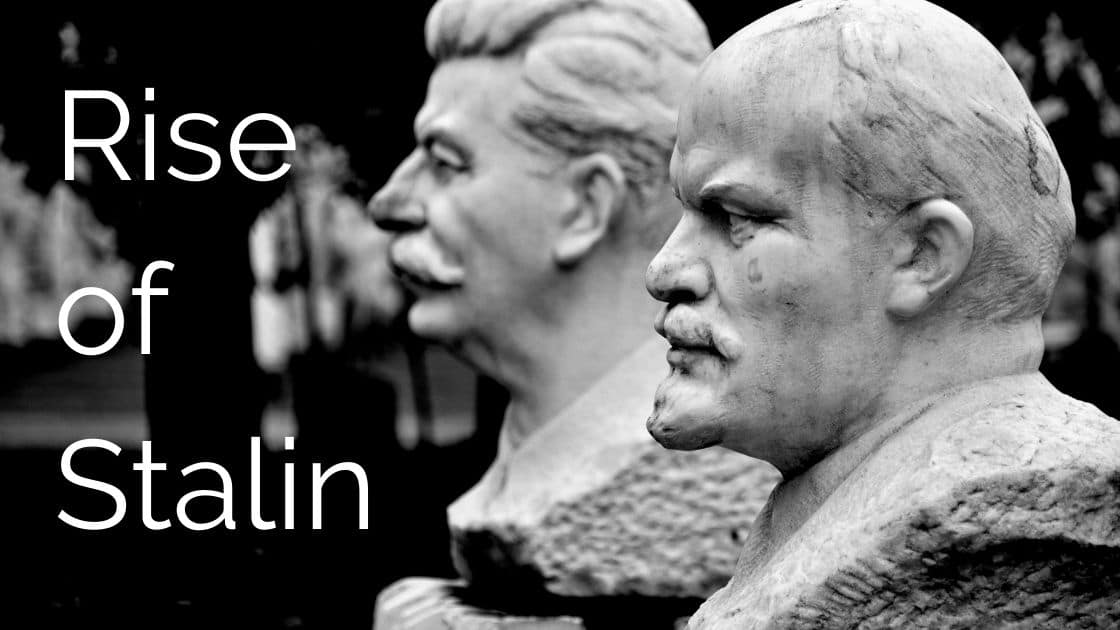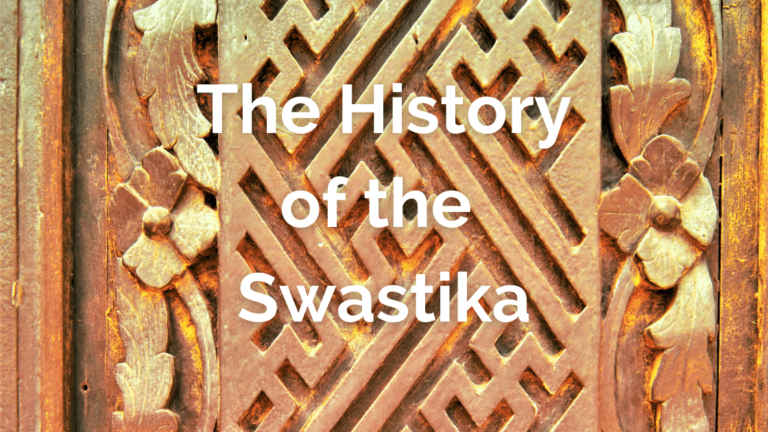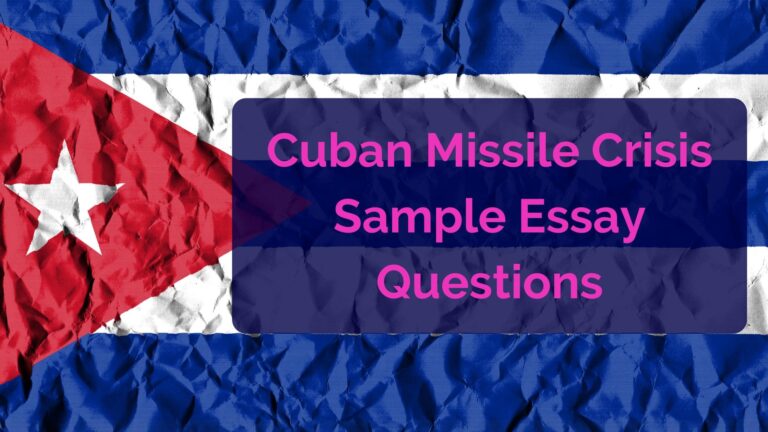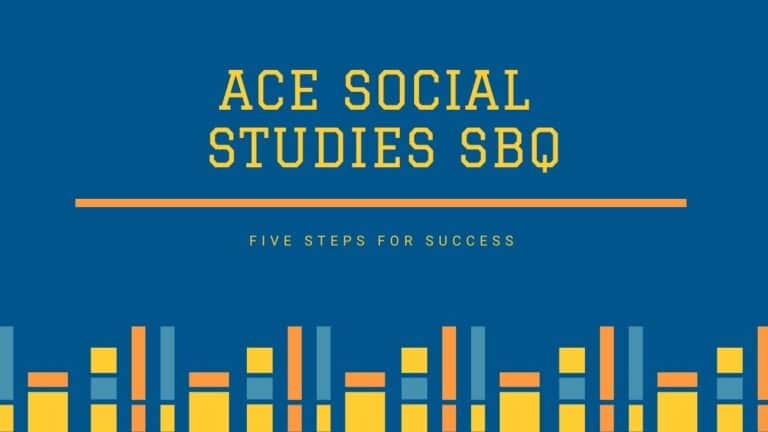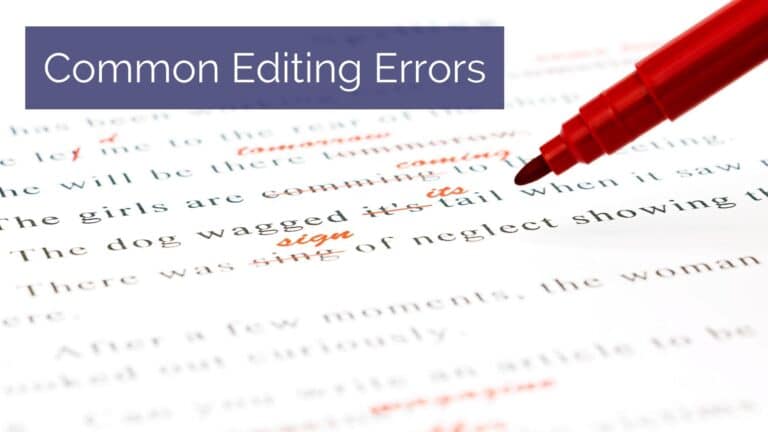Rise of Stalin: 5 SEQ Samples
A common question for O Level history is the rise of Stalin. The rise of Stalin is usually discussed in terms of his own ability versus the circumstances he found himself in. Other common questions include the actions he took, the weaknesses of his opponents and the impact of Lenin’s wishes.
The following are some common structured essay questions for the Rise of Stalin:
1. Explain how the elimination of his political opponents enabled the rise of Stalin as the leader of the Communist Party.
(P) Stalin took advantage of Trotsky’s unpopularity in the communist party to eliminate him as a successor to Lenin.
(E) Trotsky was initially the most obvious candidate to succeed Lenin. He was popular with the Red Army and had an impeccable record as a military commander. However, Trotsky was arrogant, and he did not bother to rally support from members of the communist party. Many also disliked Trotsky’s idea of ‘permanent revolution.
(E) Stalin, on the other hand, was popular in the party. He used his authority as the General Secretary of the Communist Party to appoint supporters to positions of power. His idea of ‘socialism in one country’ was widely accepted. Kamenev and Zinoviev, who were both more senior to Stalin, allied with Stalin to criticise Lenin.
(L) In 1925, Zinoviev successfully removed Trotsky from essential posts in the Communist Party with some help from Stalin’s power base. The removal started Trotsky’s descent into political wilderness and the rise of Stalin.
(P) After Stalin eliminated Trotsky, he turned on his former allies to emerge unchallenged as the leader of the Communist Party.
(E) Stalin’s cunning personality allowed him to make the most out of the post of General Secretary of the Communist Party. He prepared the way for him to be popular and used allies to strengthen his position versus Trotsky.
(E) Stalin then joined forces with Zinoviev and Kamenev to keep Trotsky out, and the three emphasised Trotsky’s disagreement with Lenin to discredit him. It was the cunningness that allowed Stalin to survive when Lenin called for Stalin’s removal. Kamenev and Zinoviev supported Stalin, and this helped Stalin to survive. Finally, with Trotsky out, Stalin no longer needed his old allies Zinoviev and Kamenev and had them sacked. Thereby, by politicising the power struggle, he allied some party members against the other and eliminated them one by one.
(L) That way, he managed to get rid of his opponents to become the undisputed leader in 1928.
2. “Stalin’s efforts alone were sufficient for him to rise to power?” How far do you agree with this statement? Explain your answer.
(P) Stalin rose to power by his own effort by making full use of his political office as General Secretary.
(E) As the General Secretary of the party, he had authority over memberships and appointments.
(E) Stalin used his office to get rid of the support base of his political opponents while building his as his appointees owe their position and loyalty to him. Thus he was able to build up his power base. He also had control over the local party committees and so was able to obtain support from the different ranks of people.
(L) Hence, Stalin’s position of power meant that grateful supporters would vote for him during party meetings and gain influence within the party, thus allowing him to gain control and rise to leadership.
(P) Stalin rose to power by using his ability to outwit his rivals. He outsmarted them via several means.
(E) First, when the father of Communism, Lenin, passed away, Lenin wrote a Political Will that censured Stalin. Stalin’s rivals failed to take advantage of the Testament as Stalin convinced the elite Central Executive Committee not to read out Lenin’s words publicly. His rivals agreed with Stalin as Lenin also criticised them in his Testament, even though Stalin received the most significant criticism. Second, he outmanoeuvred one of his biggest rival, Trotsky, by tricking him. Stalin made Trotsky look disrespectful to Lenin by giving him the wrong date for Lenin’s funeral.
(E) As a result, Trotsky did not turn up for the funeral as he believed he would not make it on time. Party members saw Trotsky as disrespectful, and it damaged his reputation. Stalin organised Lenin’s funeral and positioned himself as chief mourner to give people the impression that he was close to Lenin.
(L) As a result, the people of Russia saw Stalin as a successor and felt that they could trust Stalin.
(P) On the other hand, Stalin rose to power, not by his effort but because his opponents fought against each other and underestimated him cause his opponents were weak.
(E) Stalin’s opponents saw Stalin as the least dangerous candidate to replace Lenin as he was a lowly General Secretary. The three leading candidates did not get along. Trotsky was seen as arrogant. Zinoviev and Kamenev disliked him and even allied with Stalin to deal with him. Eventually, Stalin was able to prevail against all three.
(E) For instance, Trotsky was unpopular in the communist party because he was arrogant, and his lofty ideology alienated the supporters. Moreover, Trotsky’s theory of world revolution did not appeal to many Russians, weary at the prospect of more fighting. The intense rivalry between Trotsky and the other party members helped Stalin as Zinoviev and Kamenev to form an alliance with him against Trotsky. After Stalin and his allies removed Trotsky from the party, Stalin turned against his former allies and removed them.
(L) Hence in-fighting among the leading candidates allowed Stalin to rise to power as they underestimated him.
3. “Luck was behind the rise of Stalin in the power struggle after Lenin’s death.” How far do you agree with this statement? Explain your answer.
(P) Yes, luck helped Stalin to rise to power in 1922.
(E) The Communist Party was divided between the moderates and the radicals. The division made it easier for Stalin to take advantage of the ideological divisions within the party, siding himself with both sides at different times.
(E) Working together with other senior leaders like Kamenev and Zinoviev, he removed Trotsky from vital posts in the party. They cooperated because Trotsky seemed to be the most likely to succeed Lenin. After which, he isolated his former allies by convincing the rest of the moderates that Kamenev and Zinoviev were now working closely with Trotsky. His final move saw him switching sides to the radicals to win their support to attack other leading candidates, Bukharin and Rykov.
(L) If the members of the communist party were united, it would be difficult for the rise of Stalin as the paramount leader as there were more senior, influential people who could easily replace Lenin.
(P) No, it was not luck that enabled Stalin to emerge victorious in the power struggles after Lenin’s death.
(E) Instead, Stalin used his position as the General Secretary of the Communist Party to control the party members. He used his appointment as General Secretary to practice nepotism – putting people related to him in critical positions. General Secretary of the party, Stalin had full powers of appointment & promotion, which Stalin used to place his supporters in pivotal roles. At the same time, he removed supporters of others to distant parts of the country.
(E) As a result, Stalin was able to strengthen his power over the Communist Party machinery. Such was Stalin’s influence that he was able to pack a 1925 Party meeting with his supporters. With his supporters behind him, he was able to get rid of his opponents.
(L) Thus Stalin’s making use of his appointment helped him cement his position and eventually emerge victorious in the power struggle against his enemies.
(J) The rise of Stalin was ultimately due to his actions. Indeed, luck did favour him by presenting him with opportunities, but luck itself was not a decisive factor in explaining how he became a leader of the Soviet Union. Without his cunningness and manipulation skills, Stalin could not have taken advantage of the situation. His skills in plotting against others and making the best of his position as General Secretary of the Communist Party enabled him to win the power struggle against party members who are more influential than him.
4. Describe why Trotsky was favoured over Stalin as the next leader to succeed Lenin. (NA)
(P) Before his death, Lenin warned against Stalin in his Testament.
(D) Lenin had made his views known regarding his leading successors, especially Stalin. Stalin had purposely put himself into a caretaker role as Lenin’s health started to deteriorate. Lenin and Stalin often quarrelled, and Lenin became suspicious of Stalin’s character and ambitions. In Lenin’s Testament, he was unequivocal in advising for the removal of Stalin from his position as the General Secretary of the Communist Party. Lenin did not trust Stalin to use his power wisely. Furthermore, Stalin did not contribute much to the revolution in 1918 and the subsequent civil war as he was only a junior member.
(P) On the other hand, Trotsky was favoured as he was a leading member of the Communist Party.
(D) Both Lenin and Trotsky had fought alongside each other to overthrow the Provisional government. Thus there was trust between both men. In addition, he was the head of the Red Army and was responsible for their victory over the Whites. As a result, he had the respect of the Red Army. Trotsky was also a good orator and a respected thinker of communism. Lenin felt that Trotsky was a distinguished man with outstanding ability and was perhaps the most capable man in the Communist Party. Therefore, Trotsky was more suited to take over as successor of the Communist Party after Lenin.
5. Describe what Lenin said about Trotsky and Stalin in his “Political Will” (Testament). (NA)
(P) Lenin described Trotsky as the most capable in the Communist Party.
(D) Lenin said that Trotsky had proved himself in his struggle against the Central Committee regarding the People’s Commissariat of Communications. He concludes that he is probably the most capable man in the Central Committee. However, Lenin also believed that Trotsky was too arrogant and is too focused on administration. He always warns that there would potentially be a split between him and Stalin.
(P) Lenin described Stalin as power-hungry.
(D) After becoming the General Secretary, Lenin felt that Stalin could potentially abuse the authority of the position. He is not sure if Stalin could handle the power of the office. Lenin also recommended the removal of Stalin from the role of the General Secretary of the Party. He also claims that Stalin was rude and inconsiderate, especially to his wife.
Conclusion
I hope that students will see these samples and understand how markers expect the answers to be written. If you want to know more about the History O level syllabus, do click here. For more information on Stalin, I find that his Wikipedia entry is an excellent resource.
For a pdf version of the essays, click below.
Other chapters can be found below:
- Treaty of Versailles
- League of Nations
- Stalin’s Rule
- Rise of Hitler
- Hitler’s Rule
- Reasons for World War II in Europe
- Reasons for the Defeat of Germany
- Reasons for World War II in Asia-Pacific
- Reasons for the Defeat of Japan
- Reasons for the Cold War
- Korean War
- Cuban Missile Crisis
- Reasons for the End of the Cold War

Critical Thought English & Humanities is your best resource for English, English Literature, Social Studies, Geography and History.
My experience, proven methodology and unique blend of technology will help your child ace their exams.
If you have any questions, please contact us!

